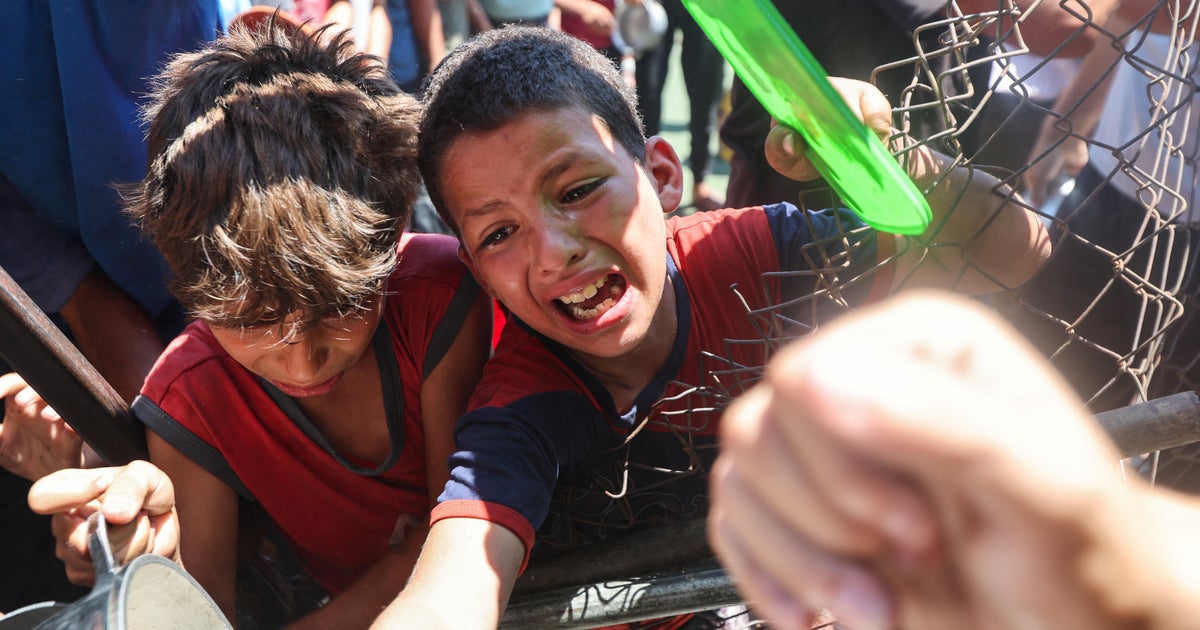AIDS activists are urging the federal government to quickly renew Canada’s support for fighting infectious diseases abroad, warning delays will further hinder global efforts to combat key illnesses.

“While some of the other nations around the world are retreating right now from investing in global health, Canada can and should be stepping forward swiftly, to save lives,” said Justin McAuley, a director with the Canadian branch of the ONE Campaign.
His group is among 24 Canadian civil society organizations that asked the government to allocate $1.37 billion over three years for the Global Fund to Fight AIDS, tuberculosis and malaria.
The fund is affiliated with the United Nations, and it supports developing countries in limiting and treating the three preventable illnesses, which in many regions are among the leading causes of death.
Story continues below advertisement
Canada is one of the world’s top supporters of the fund, which makes up the largest chunk of Ottawa’s global health spending. Canada has contributed nearly $5 billion to the Global Fund since 2002, and the fund estimates it has saved 65 million lives in that time.
Countries replenish the fund every three years, with their contributions usually rising over time as health-care systems build more capacity to treat and prevent these diseases.
In each cycle, civil society groups issue what they call a fair-share metric to reflect how much each wealthy country can reasonably pledge to help the fund reach its goals.
2:38
Risk of 2,000 new HIV infections daily after US aid freeze, UN AIDS agency estimates

The office of Randeep Sarai, secretary of state for international development, referred questions about the $1.37 billion request to Global Affairs Canada.

Get weekly health news
Receive the latest medical news and health information delivered to you every Sunday.
“Canada looks forward to working together as part of the Global Fund partnership to secure a successful eighth replenishment of the fund this year,” the department wrote in a statement. “Discussions regarding Canada’s pledge are ongoing.”
Story continues below advertisement
McAuley said he hopes Ottawa announces its pledge soon, to build momentum for other countries to follow suit.
“Canada has a unique role and legacy to play in the global health space,” he said. “Our momentum will mean something on the world stage — if we come out early, and don’t wait for the last minute.”
Results Canada, another group asking Ottawa to meet the civil society target, noted the G7 summit that Canada hosted in Alberta “focused on trade, conflict and climate — but overlooked two of the most powerful tools for global stability: health and education.”
That has put the legacy of the Global Fund “under threat,” the group argued in an email campaign. “As countries cut international assistance, decades of hard-won gains hang in the balance.”
Trending Now
UNAIDS reported on July 10 that HIV infections and deaths continue to drop, but sudden cuts by the United States and others “threaten to reverse years of progress in the response to HIV.”
U.S. Republicans recently reversed plans to cut PEPFAR, the world’s largest HIV program, but Washington is still on track to slash its contribution to the Global Fund.
2:11
USAID cuts: South Africa-led HIV vaccine development comes to a halt

Countries normally make pledges at an organized conference, such as the last cycle when prime minister Justin Trudeau visited the United Nations in New York in 2022.
Story continues below advertisement
This year, there is no pledging conference, though McAuley expects leaders of large economies to make pledges before visiting South Africa for the G20 summit in November.
He said global health is already under pressure from armed conflicts, climate-related events and the ongoing recovery of health systems from cutbacks during the COVID-19 pandemic. Rich countries are cutting back on foreign aid as they increase military spending.
Prime Minister Mark Carney promised in last spring’s election to not cut foreign aid spending or development financing, though this was before he launched a review of government spending and committed to large amounts of military-related spending.
McAuley said Carney ought to meet the metric outlined by civil society, or he’ll be offside with his two last predecessors.
“Both Harper and Trudeau repeatedly stepped up and did Canada’s fair share,” he said. “Is Carney going to break that pattern now and step back?”
© 2025 The Canadian Press











 English (US) ·
English (US) ·